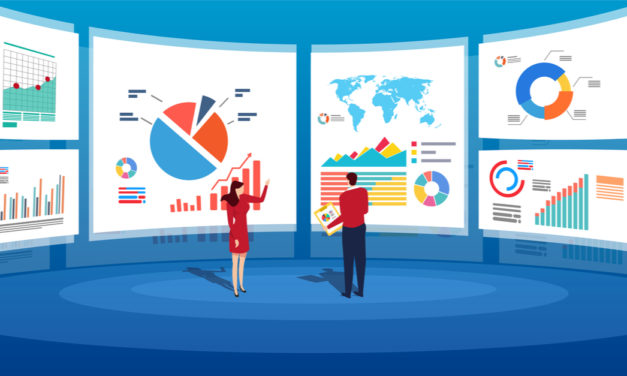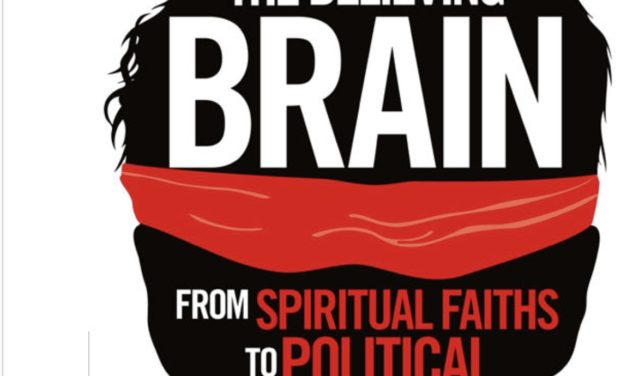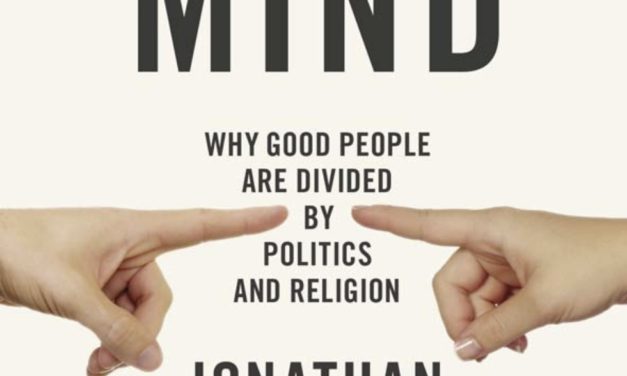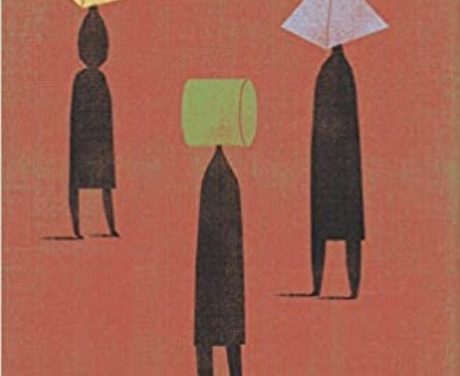Data: Good, bad or Ugly?
Data is never neutral. It is inextricably linked with theory and narrative, and confirmation bias pre-disposes us to agree or disagree with the narrative. Whether data are good, bad or ugly depends ultimately on your viewpoint.
Read More





